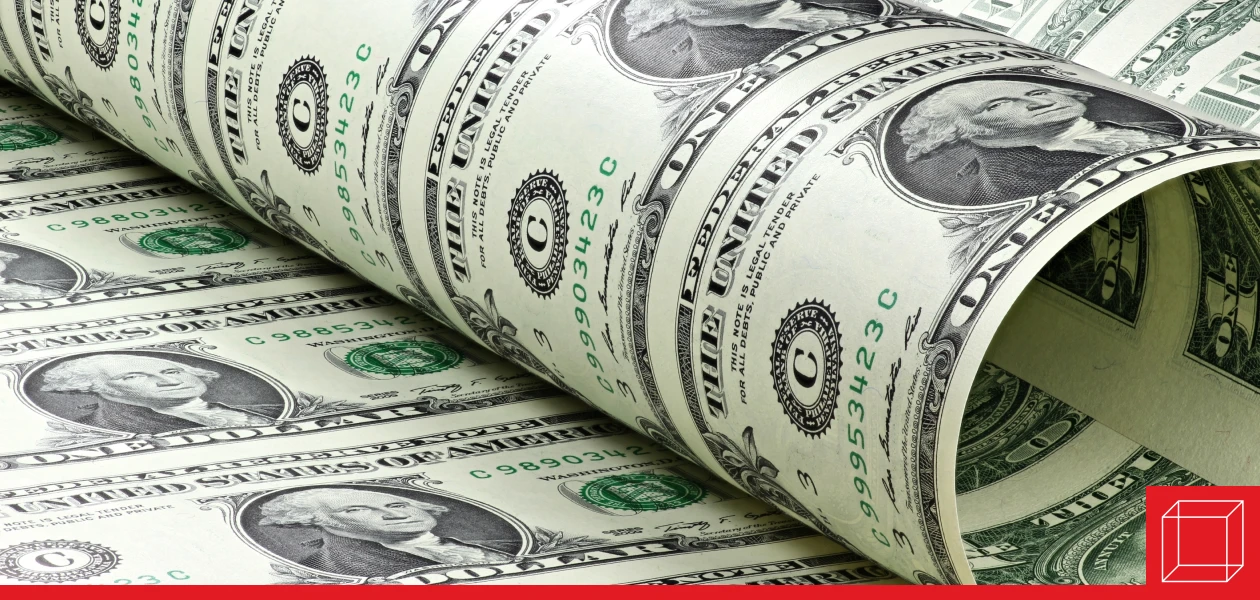Tipping? Yes, Please!
In the U.S. service culture, it is customary to tip 15-20% (or more) to restaurant servers, delivery orders, and home service providers. The tip is a gesture of appreciation for a well-provided service; approximately two-thirds of Americans who dine at sit-down restaurants always tip their server.

Tipping originated as a way to offset traditional minimum wage requirements, as the U.S. has “a two-tier wage system with minimum wages and then there is subminimum, or cash wages paid to workers who are tipped" (Vanek Smith). Tipping has become vital in some fields, as organizations “legally only need to pay their workers $2.13 an hour according to the U.S. Department of Labor, as the expectation is that tipped workers will make more through tips” (Gillespie). Companies utilize the wage system to organize and manage their labor costs and financial responsibilities, while service providers rely on these tips to supplement their income.
Service |
Suggested guidelines for tipping |
Restaurant delivery |
$5 or 20% of the meal price (whichever is greater) |
Grocery delivery |
15-20% of your order total, or more for a large order |
Alcohol delivery |
15-20%; more for heavy crates |
Flower delivery |
$2 to $5 |
Source: Lane Gillespie “The Latest Rules of Tipping: How Much to Tip in 2024”
When the world changed due to the Covid-19 pandemic, the rules of tipping shifted to a new normal; it evolved as a means to recognize workers’ lost income. Inflation and cost of living also impacted tipping. Once the pandemic stabilized and eventually began to dissipate, the tipping culture continued to rise, with consumers facing more opportunities to tip for a wider range of services than ever before. This phenomenon became known as “tip creep” and it was not well received by consumers. “According to a 2023 Pew Research survey of nearly 12,000 adults in the U.S., about 72% say they are being asked to tip service workers more frequently than in the past” (Vanek Smith). Consumers are being asked to tip at the more traditional service encounters, as well as at “app-based services, ride-share and delivery apps. This gives the perception that tipping is everywhere, which does seem the case” (Vanek Smith). The “tipping is everywhere” perception is exacerbated by contactless and digital payment prompts. This has impacted consumers in that “nearly 3 in 4 Americans think tipping has gotten out of control, especially when it comes to the predetermined point-of-sale options” (Dickler).
“Tip creep” has ushered in “tip fatigue,” in which consumers report a negative view of tipping and are starting to tip less. A study found that tipping is the “stingiest on Sunday and consumers steadily tip more as the week progresses. Tipping peaks on Thursdays, then drops again on Fridays and Saturdays” (Dickler). “Tip fatigue” and the pressure to tip everywhere has morphed into “guilt tipping,” an emotional response when asked for a tip. “Nearly a quarter of people say they always feel pressured to tip when the option is presented and 42% say they often feel pressured” (DeVon). “Guilt tipping” occurs when the consumer feels anxiety or stress when seeing the tip options on the payment terminals. Others are pushing back by selecting a lower custom amount on the payment screen or not tipping at all.
To tip or not to tip? Yes, please tip your service provider a gratuity related to their level of service. But don’t get trapped into “guilt tipping” as it could impact your wallet and your health.
Dikler, Jessica. ‘Guilt tipping’ is getting out of control, but signs show consumers are pushing back. https://www.cnbc.com/2024/03/31/as-guilt-tipping-gets-out-of-control-consumers-start-pushing-back.html
Vanek Smith, Stacey. What is the new etiquette for tipping? https://www.npr.org/2024/03/26/1196978930/new-rules-tipping-etiquette
Gillespie, Lane. The latest rules of tipping: How much to tip in 2024. https://www.bankrate.com/credit-cards/news/how-much-to-tip/
DeVon, Cheyenne. Tired of ‘guilt tipping’? There’s a good reason: ‘Businesses are taking advantage’ of your emotions, expert says. https://www.cnbc.com/2023/10/03/why-you-may-be-guilt-tipping.html



